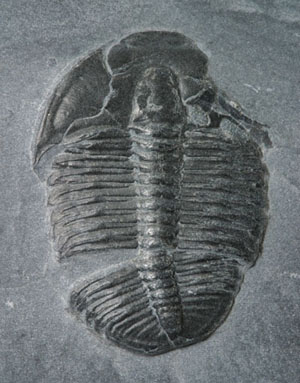How To Care for Fossils

A totem of the yesteryear or rather ages before, fossils are proof of that which was but no longer is. Parts of history, fossils may be anything from a delicate piece of solidified bones, teeth to the charred remains of trees and leaves, giving us an insight into ancient civilizations and what not. Handling fossils require extreme care and caution and only those well versed or knowing the basics of fossil care at least should be responsible for them.
Instructions
-
1
The most overlooked step in fossil care yet the most important; the where, when, how, what of a fossil should always be noted down before it is removed from its original position.
-
2
After removing the fossil, one needs to clean it and prepare it for preservation. Without damaging the fossil say a dinosaur bone, the dirt and excess residue should be removed from it. Avoid any acidic solutions. Already tested with time, a fossil is very delicate and requires a lover’s touch when cleaning the residue. Dipping in neutral solutions with cleaning agents, the fossil should be mildly brushed, NOT scrubbed until it is clean of all residue and dirt.
-
3
Once the fossil is clean, it needs to be “fixed”. More often than not, a fossil will be cracked or missing a piece. In the case of a missing piece; if the said piece can be recovered from the site of the fossil it must be glued back to complete the fossil. After cleaning the piece like mentioned above, it is attached to the fossil using a clear yet strong albeit neutral adhesive. The glue should be allowed to set properly so that the piece is forever bonded to the fossil. In case of cracks, though adding age to the sample, sometimes need to be filled. In such events, a silicon based substance is used to fill in the cracks without upsetting the overall appearance of the fossil.
-
4
Once the fossil is prepared for storage, it should be kept in a box preferably air tight. An eroding agent, air is an enemy to fossils and in effect extremely damaging to them. This box will help protect the fossil from moist and dust, two detrimental agents for fossilized samples.
-
5
Although the fossil is placed in a box, it should be removed periodically and gently dusted to prevent any damage cause to the sample. The information recorded earlier should be clearly labeled on the box for future reference and cataloguing.







